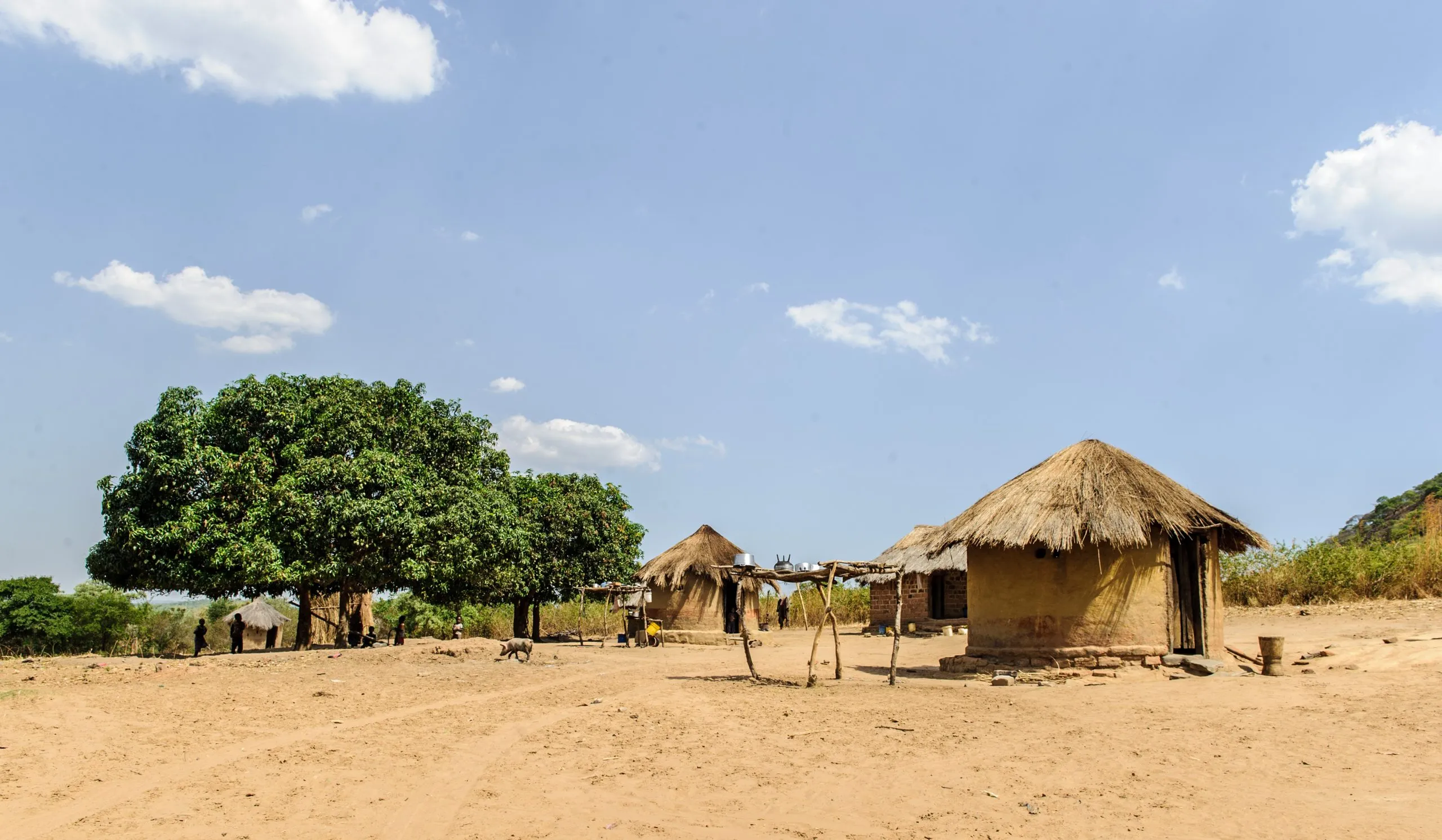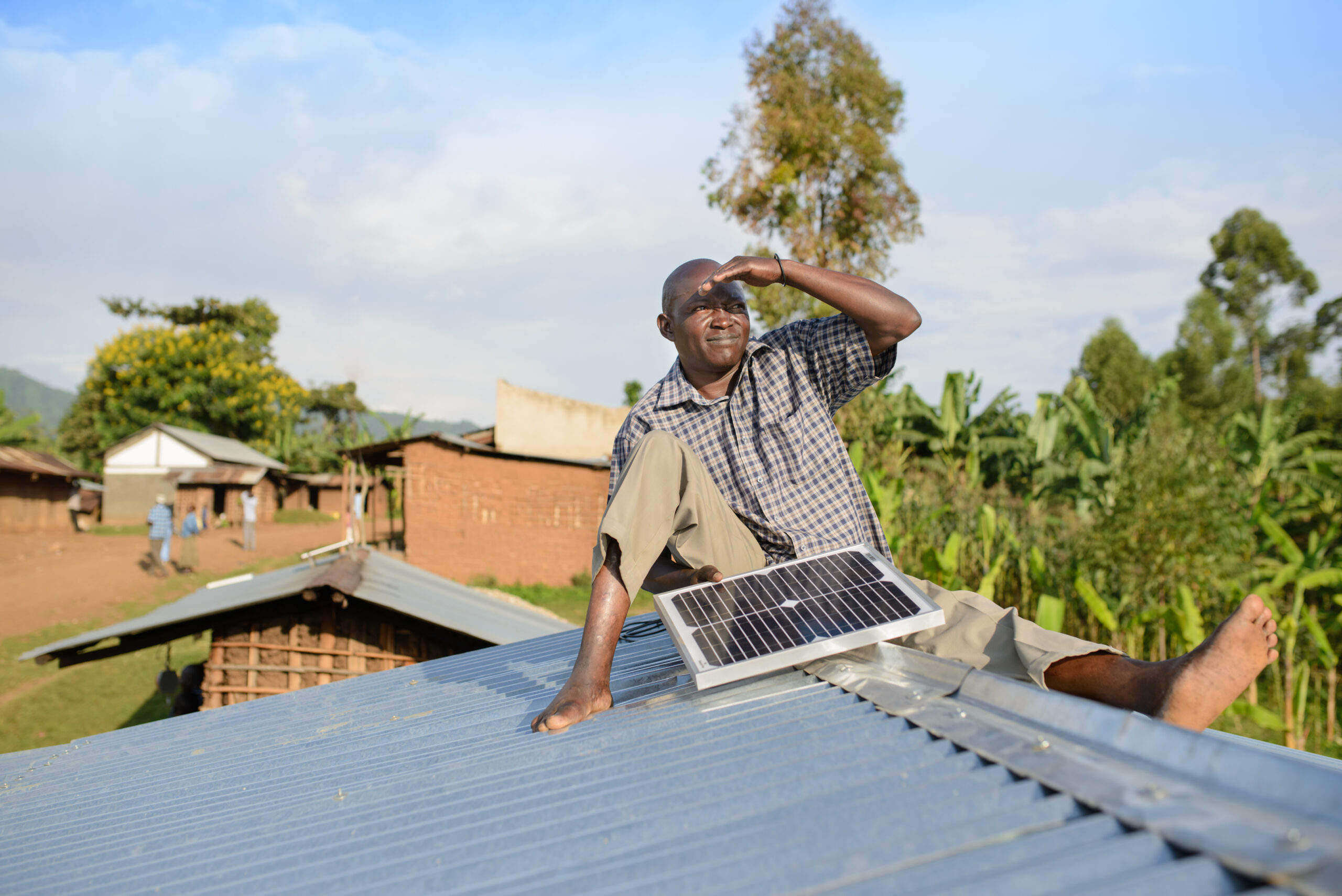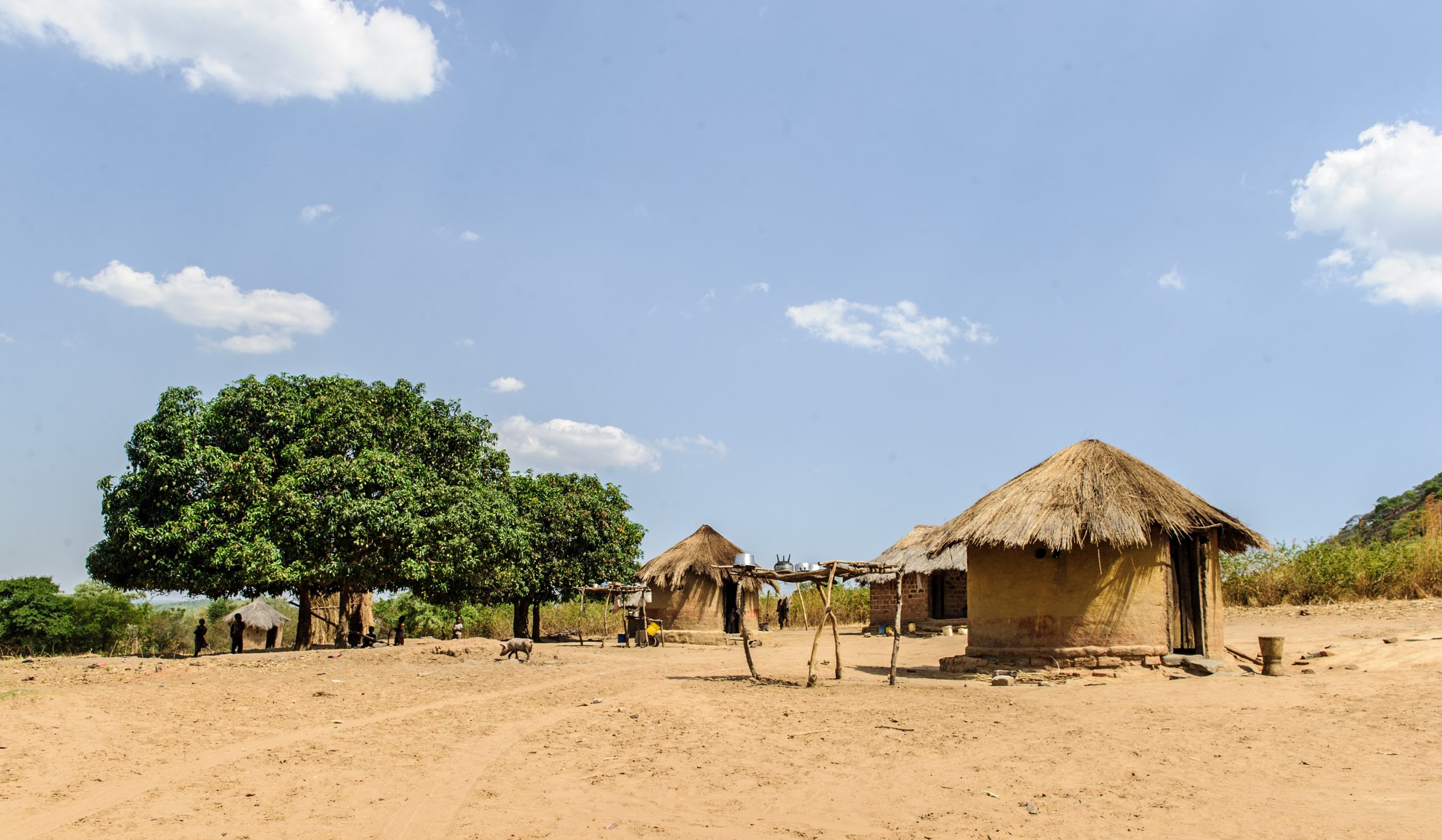The developed theory of change describes the value proposition of the BGFA programme in the context of the off-grid sector in sub-Saharan Africa and will serve as a foundation for programme implementation as it moves forward.
The BGFA theory of change outlines a framework and strategic approach to drive sustainable development of the off-grid energy market in sub-Saharan African countries from 2020 to 2028. BGFA incentivises energy service providers through results-based financing payments and offers technical assistance in Environmental, Social and Governance (ESG) management, business planning and e-waste tailored to a company’s size, maturity and needs.
The short-term outcomes of BGFA’s work include upscaling companies’ activities, creating jobs and improving service delivery, targeting 8.6 million active end-users. Medium-term goals include overcoming investment barriers, enabling co-financing, strengthening e-waste management and operationalising market intelligence tools. Long-term benefits include reduced emissions, increased gender equality, more productive use of energy, increased sustainability of renewable energy markets with less reliance on grants and knowledge generation to inform similar programmes.
Under the leadership of Nefco, REEEP participated in a one-day workshop to brainstorm the programme’s goals, activities, and expected outcomes, through which we aim to drive sustainable change and make a lasting difference in the communities we serve. All experiences, ideas, risks and assumptions were condensed into a comprehensive framework which outlines the BGFA strategic vision and the steps BGFA is taking to achieve meaningful impact.
The BGFA theory of change is structured around three main pillars:
- Results-Based Finance: BGFA has so far committed approximately EUR 66 million to energy service providers – its portfolio companies – to incentivise the provision of new energy services in priority areas. This financial support is crucial for scaling up energy access and de-risking private sector investments.
- Technical Assistance: BGFA offers comprehensive support to financed companies in areas such as ESG management, business planning and e-waste management. This assistance helps companies improve their internal management practices and meet donor requirements, ultimately making them more attractive to potential investors.
- Institutional strengthening: BGFA works to address policy and regulatory barriers that hinder the scale-up of financed companies. By improving the business environment, BGFA aims to create a more supportive landscape for sustainable energy access.
In addition to these pillars, BGFA places significant emphasis on knowledge exchange. By sharing insights and data with stakeholders, BGFA aims to inform and stimulate off-grid markets, fostering a collaborative approach to energy access.
The BGFA programme, launched in 2019, is set to run until 2028. Significant milestones are expected to be reached by 2027-2028, including visible improvements in quality of life for households and the establishment of self-sustaining off-grid energy markets.
Furthermore, the theory of change identifies key assumptions and potential risks that could impact the programme’s success. These include political stability, regulatory changes and financial market conditions. By anticipating and addressing these challenges, BGFA aims to ensure the long-term sustainability of its initiatives.
As BGFA moves forward, the developed theory of change will serve as a foundation for the upcoming mid-term evaluation to be carried out during 2025. This evaluation will help BGFA adapt and respond to the evolving needs of the off-grid energy sector, ensuring that the programme continues to make a meaningful impact.
Photo: With light from an off-grid solar home appliance a schoolgirl in Ngwerere, Zambia, is able to study after darkness – Jason Mulikita for BGFA
About BGFA
The Beyond the Grid Fund for Africa (BGFA) is a multi-donor facility established and managed by Nefco – the Nordic Green Bank. Nefco is an international financial institution based in Helsinki, Finland, focusing on environmental and climate investments and fund management. BGFA is implemented by Nefco, with the support of two project implementation partners. NIRAS is a development and engineering consultancy company headquartered in Denmark. The Renewable Energy and Energy Efficiency Partnership (REEEP), an international multilateral partnership based in Vienna, Austria, works to accelerate market-based deployment of renewable energy solutions in the Global South.
The current EUR 126 million BGFA programme was established in 2019 on Sweden’s initiative through the Swedish International Development Cooperation Agency (Sida). It has since been developed by Nefco into a multi-donor programme funded by Denmark through the Ministry of Foreign Affairs, Germany through its development bank KfW, Norway through the Norwegian Agency for Development Cooperation Norad and Sweden. Power Africa, an initiative administered by USAID, is providing an in-kind technical assistance contribution. Read more at www.beyondthegrid.africa





